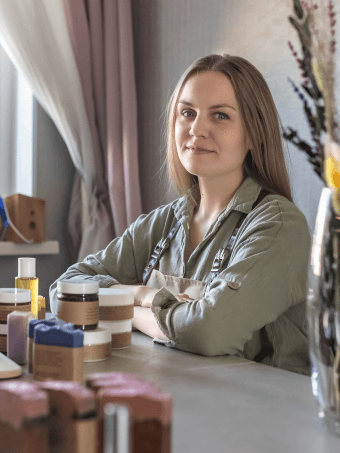Details of the case
On August 27, 2020, Japanese entity HIC Co., Ltd. filed a trademark application that consists of the words “MUSIC BAR” and “CHAYA”, and a logo made of two inverted and interlocked “C”. HIC Co., Ltd. filed the trademark for use on restaurant service in class 43, with the Japan Patent Office (JPO). The examiner granted protection on January 19, 2022, and published for opposition on February 10, 2021.
Chanel filed an opposition on April 30 and claimed the following:
The figurative element of the opposed mark is too similar to Chanel’s logo, made of two inverted “c” displayed as an ellipse in its central point.
Given the remarkable degree of popularity and reputation of Chanel’s logo, relevant consumers with ordinary care are likely to confuse a source of the service in question bearing the opposed trademark with the CHANEL brand.
The applicant filed for a trademark confusingly similar to Chanel’s logo with an unfair intention to take advantage of the reputation and goodwill associated with Chanel’s famous trademark.
Oppositions to trademark applications vary from case to case, but so far, the most common ground relates to the likelihood of confusion. The real issue is whether the consumer at the point of purchase is confused into believing that the goods they are buying belong to the other trademark owner. In order to determine if there is a significant risk of confusion between two trademarks when a trademark application receives opposition, the IPO proceeds with a careful assessment of the degree of similarity between the signs registered and the goods and services to which they relate to.
According to Masaki Mikami, Founder and Attorney at Japan Intellectual Property Law, Marks IP Law Firm (Japan), JPO denied the similarity of the opposed trademark, stating that the opposed trademark shall be taken as a whole in view of the tight combination of its literal element from appearance. If so, the opposed trademark does not give rise to any specific meaning, and the Board has no reasonable ground to believe that the opposed trademark is similar to the Chanel trademark from visual, phonetic, and conceptual points of view.
Similar cases
This is not the first time Chanel has lost a trademark opposition on the grounds of insufficient similarity claims. In December 2017, a French luxury fashion house filed a “notice of opposition” to the registration of Huawei’s logo as a trademark for its computer hardware. The European General Court in Luxembourg rejected Chanel’s application, ruling out the likelihood of confusion.
Similarly, in July 2021, Italian luxury fashion house GUCCI filed an opposition with the JPO against an Osaka-based clothing business, which applied to register a trademark “CUGGL” for clothing, footwear, headwear, and apparel in class 25. The trademark included a pink painted line covering the lower part of the term “CUGGL”, creating an image visually similar to the word GUCCI. As with Chanel’s case, the JPO dismissed an opposition as The Board did not find a resemblance between “GUCCI” and “CUGGL” from visual, phonetic, and conceptual points of view.
A number of factors play into the likelihood of confusion, including how distinctive the name/logo is, how similar it is to the opposing trademark (in the case of a logo, whether the colour, font, or style are too similar), and how similar the products or services are. This means that if two companies have similar logos, but one makes clothing and perfume, like Chanel, and the other provides restaurant services, like HIC Co., Ltd, the likelihood of confusion is considered low. No matter the size of the company and the extent of its established brand reputation, trademark laws apply to everyone equally. Meaning that if even a company with an international reach, such as Chanel, cannot prove similarity, it will not succeed in the trademark opposition process.


